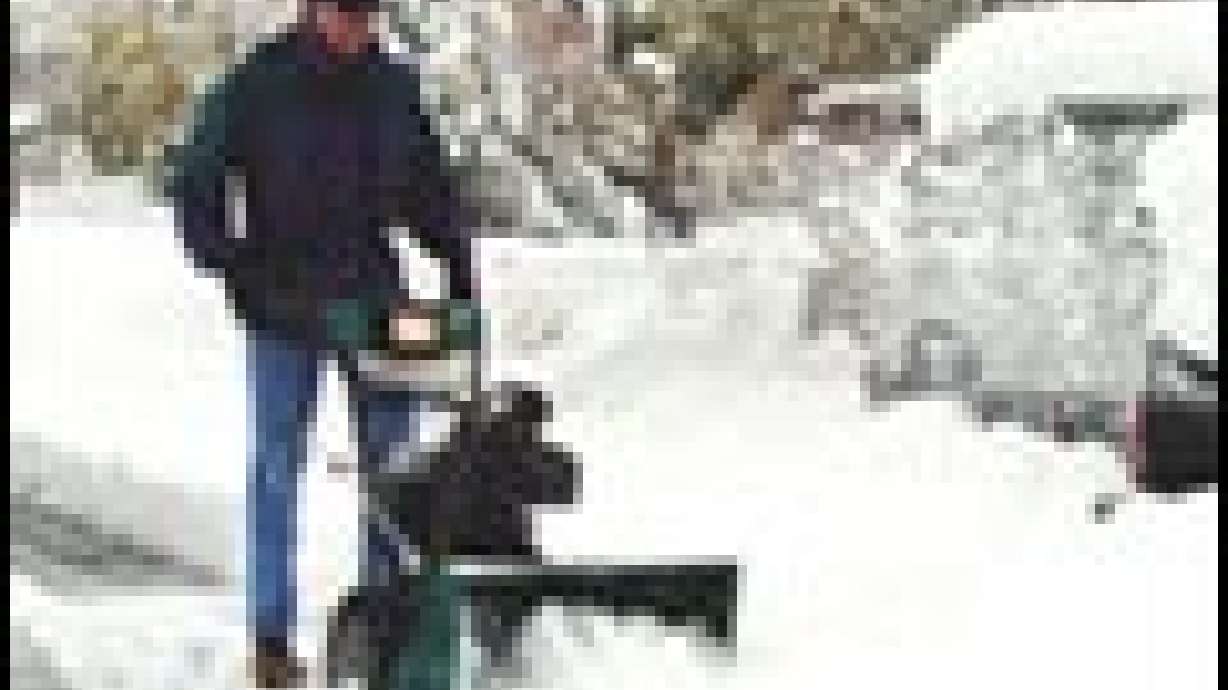Estimated read time: 2-3 minutes
This archived news story is available only for your personal, non-commercial use. Information in the story may be outdated or superseded by additional information. Reading or replaying the story in its archived form does not constitute a republication of the story.
Richard Piatt ReportingIt's been wet and stormy for about three weeks now, but despite what we may hope, it's not nearly enough to solve seven years of drought. That's the sobering news from Utah water experts.
This story is for all of us who hope the recent storms are enough to dry up worry about the drought. For now, that's like saying this will raise the Great Salt Lake.
The problem is the water levels are so low. It's been so long since it rained and snowed a lot that the drought will take years to reverse. Lets' put it this way: since the end of October, the weather service has recorded about one and a quarter inches of water, but we're going to need many more of these storms.
In fact, rain and snow will have to fall like it did last weekend once a week for the next 12 to 15 weeks just to get to what's considered 'normal'. In other words, we need a constantly stormy winter. And that's not the end of it.
Randy Julander, Snow Survey Supervisor: "We are abysmally low on our reservoir storage, and most of those systems will take multiple years to come back. Our soil moisture factor is unbelievably low."
The good news is, the weather goes in cycles and eventually there will be an abundance of water---the kind that could even cause flooding like in 1983. But that's in the distant future.
For a better idea, consider the Bear Lake water levels over the last 100 years. Even recently the water in the lake has gone up and down a lot. But this year the lake will be at its lowest point since the 1937---around the time of the famous 'Dust Bowl'.
Climatologist Randy Julander is optimistic that this year could be a turning point, but he's waiting to celebrate until next spring.
Randy Julander, Snow Survey Supervisor: "The longer it goes, the less likely it is to go longer."
It may be hard to believe, but the bottom line is: even if it storms all the time this winter, you can still expect to be asked to conserve next summer.









